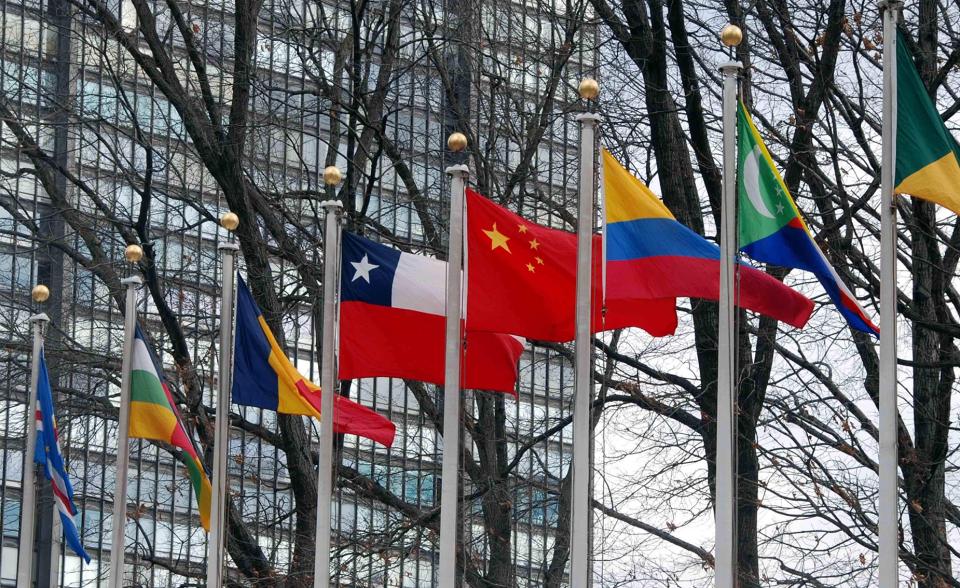In its attempt to defend and contribute to globalization, China needs to keep handling its relationship with international economic order, Zheng Yongnian, academic committee chair at the Institute of Public Policy under South China University of Technology, said at a recent forum.
First of all China needs to figure out how to integrate its own economy into international free trade, he said. As the world’s second largest economy and biggest trade-in-goods nation, China is fully capable of reforming the existing trade system, with efforts like the Belt and Road Initiative and Asian Infrastructure Investment Bank (AIIB) already starting to take shape. But these schemes serve only as a supplement to rather than a replacement of the World Bank or Asian Development Bank, Zheng noted.
He said in the past many countries tried to act as rule makers in international trade practices. The US once made many effective rules because it had a prosperous economy and a huge domestic market, he said, adding that it would not enjoy as big a say in the future as its economic and market size are shrinking in relative terms.
The type of globalization China is ready to push forward is oriented by mutual development rather than rules, Zheng said. Schemes like the Belt and Road and AIIB would be effective because they are open and inclusive proposals that allow rules to be negotiated in the process of development.
Zheng added that the influence the US can impose upon globalization is very limited and it can only be done through trade protection policies. In order to draw outbound investments back to the country, Trump is likely to carry out a series of tax reduction policies. But Trump can’t control the flow of US investments, Zheng said. Globalization is led by international companies and no individual can manipulate the flow of capital, he said.

 Old Version
Old Version